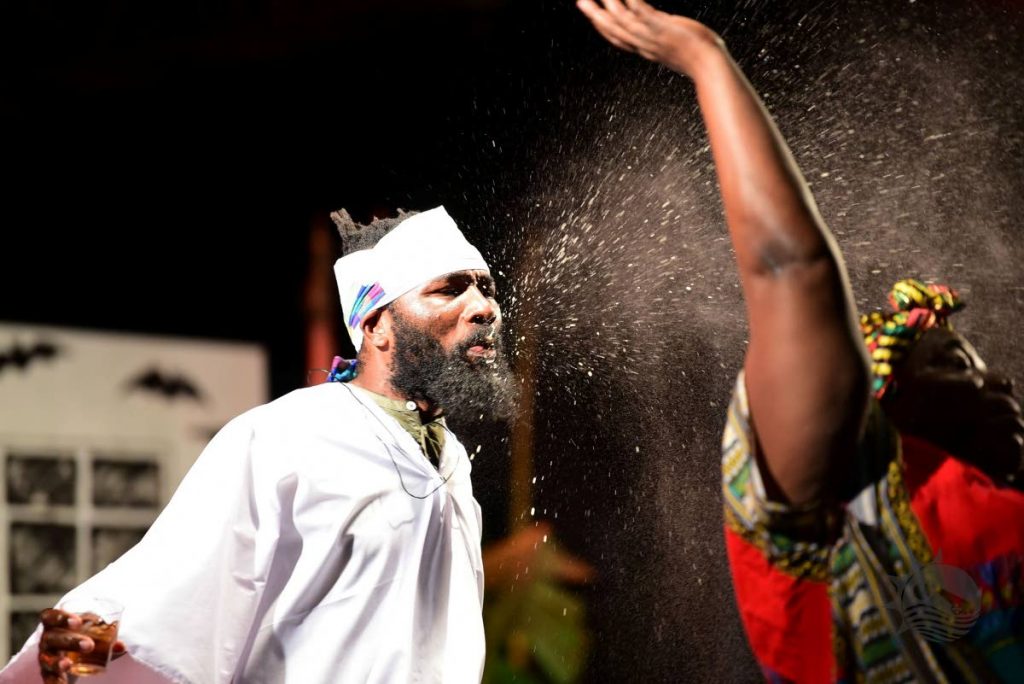A new age Tobago Heritage

THE TOBAGO Heritage Festival caters for a wide audience but not everybody was satisfied with the quality of this year’s edition. Culture advocate Rawle Titus, a former Senate vice-president, lamented what he saw as a decline in quality. He joined two of Tobago’s cultural activists, Elvis Radgman and Jesse Taylor, who spoke about what they considered to be the declining standard of the festival.
At the same time, many have expressed pleasure at the vitality of the festival, and large numbers of young people have been reported at events. However you evaluate the festival, it’s clear some things need to be put in place for the future.
Culture is a living and breathing thing, but a lot of work goes into it. What may appear effortless on stage is often the result of exorbitant amounts of work involving research, training, composition, rehearsal and fine-tuning. Everything has to attain a certain standard or else the audience will notice. While experience is important in guiding this process, culture also requires the passing on of skills and traditions. For any culture to survive, the inexperienced must work alongside the experienced.
While not everyone’s views and opinions will find universal acceptance when it comes to something as subjective as this, the least that should happen is stakeholders should listen. They should also come together to devise ways to implement a shared vision using the limited resources at their disposal.
An area where the festival seems to shine is in how it can still mobilise community forces to come together to put on a show. In an era when there’s often a disconnect between real life and social media, that type of mobilisation is notable. How can it be capitalised?
We agree, though, with Titus’ call for a dedicated research centre. As noted by Tobago House of Assembly Chief Secretary Kelvin Charles at the festival’s opening a few weeks ago, we need “to better understand our essence and identity as a people, to gain greater knowledge of self and to encourage research into our collective history.”
That research can also help the festival adapt with the times and assess its trajectory in a manner that balances the need for things to change over time with the idea of a continued tradition.
All of this is not just of relevance to Tobago. The festival should be regarded as a tent pole event within the national calendar, particularly from the tourism perspective. Given the need for diversification, we should take a deep look at the festival and its expenditures. We should also assess the impact of transportation woes on it.
A little bit of collaboration and forward thinking can never be a bad thing. As we bid farewell to this year’s edition, we look forward eagerly to what might be in store for 2020.

Comments
"A new age Tobago Heritage"